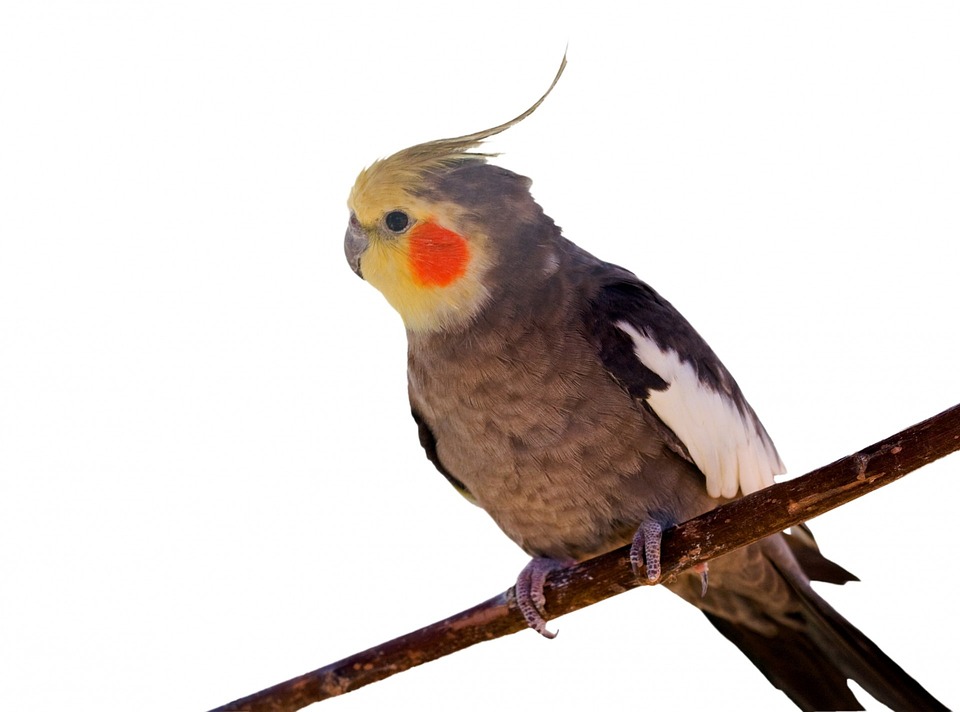Parrots are highly intelligent and social birds that often crave attention and interaction from their human caregivers. While it’s important to provide them with the love and stimulation they need, some parrots may develop excessive attention-seeking behaviors that can become problematic. In this article, we will explore effective strategies to discourage such behaviors and promote a harmonious relationship with your feathered friend. Additionally, we will address frequently asked questions about parrot behavior.
Understanding Excessive Attention-Seeking Behavior
Before delving into the methods to discourage excessive attention-seeking behavior, it’s crucial to understand what it is and why it may occur. Parrots may exhibit attention-seeking behavior as a result of boredom, lack of mental stimulation, or even as a way to manipulate their human companions. Some common attention-seeking behaviors in parrots include constant vocalization, screaming, biting, or even destructive behavior.
Providing Mental and Physical Stimulation
One of the key factors in discouraging excessive attention-seeking behavior is to ensure your parrot receives adequate mental and physical stimulation throughout the day. Here are some effective strategies to achieve this:
1. Enrich their environment: Provide your parrot with a stimulating and diverse environment within their cage or play area. This can include toys, puzzles, and foraging opportunities to keep them engaged and entertained.
2. Rotate toys: Introduce new toys regularly and rotate them to prevent your parrot from getting bored. This will maintain their interest and minimize attention-seeking behaviors.
3. Training sessions: Engage in regular training sessions with your parrot to provide mental stimulation and strengthen the bond between you. Teach them new tricks using positive reinforcement techniques to redirect their focus.
4. Social interaction: Parrots are social creatures, so ensure they have regular interaction with you and other family members. Include them in daily activities, such as mealtime or watching television, to make them feel included and reduce attention-seeking behaviors.
Implementing Positive Reinforcement
Positive reinforcement is a powerful tool in modifying parrot behavior. By rewarding desired behaviors, you can effectively discourage attention-seeking behaviors. Here’s how you can apply positive reinforcement:
1. Ignore unwanted behavior: When your parrot displays attention-seeking behavior, such as screaming or biting, it’s important to ignore it. Giving attention, even if it’s negative, can reinforce the behavior. Wait until your parrot calms down before providing attention or interaction.
2. Reward good behavior: Whenever your parrot exhibits calm or independent behavior, praise and reward them with treats or verbal affirmations. This reinforces positive behavior and encourages them to seek attention in a more desirable manner.
3. Consistency is key: Be consistent in your approach and ensure all family members follow the same guidelines. Mixed messages can confuse your parrot and hinder behavior modification efforts.
Frequently Asked Questions about Parrot Behavior
1. Can excessive attention-seeking behavior be a sign of a health issue in parrots?
Excessive attention-seeking behavior can sometimes indicate an underlying health issue. It’s important to monitor your parrot’s overall health, including their diet, droppings, and physical appearance. If you notice any drastic changes or are concerned, consult with an avian veterinarian.
2. Is it normal for parrots to vocalize frequently?
Yes, parrots are known for their vocalizations. However, excessive and continuous screaming can be a sign of attention-seeking behavior or distress. It’s crucial to differentiate between normal vocalizations and excessive ones. Providing adequate mental and physical stimulation can help reduce excessive vocalizations.
3. How long does it take to discourage attention-seeking behavior in parrots?
The time it takes to discourage attention-seeking behavior varies from parrot to parrot. Some may respond quickly to behavior modification strategies, while others may take longer. Patience and consistency are key throughout the process. Seek guidance from a professional avian behaviorist if needed.
4. Can punishment be effective in discouraging attention-seeking behavior?
Punishment is generally not recommended when modifying parrot behavior. It can lead to fear, aggression, and other negative consequences. Positive reinforcement and redirection techniques are far more effective and promote a trusting relationship with your parrot.
By implementing these strategies and understanding your parrot’s needs, you can discourage excessive attention-seeking behavior and foster a healthy and balanced relationship with your feathered companion. Remember, each parrot is unique, so observe and adapt your approach to suit their individual needs.









